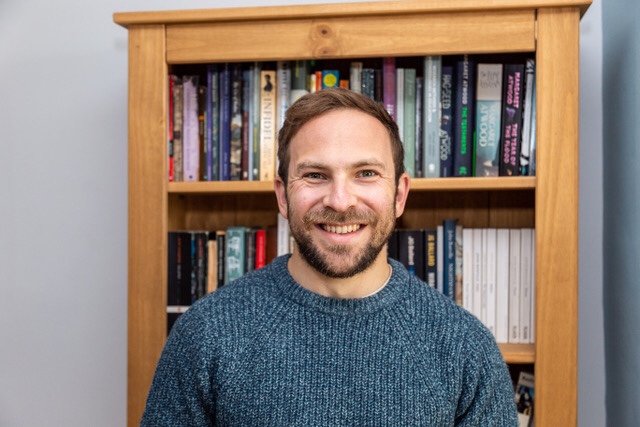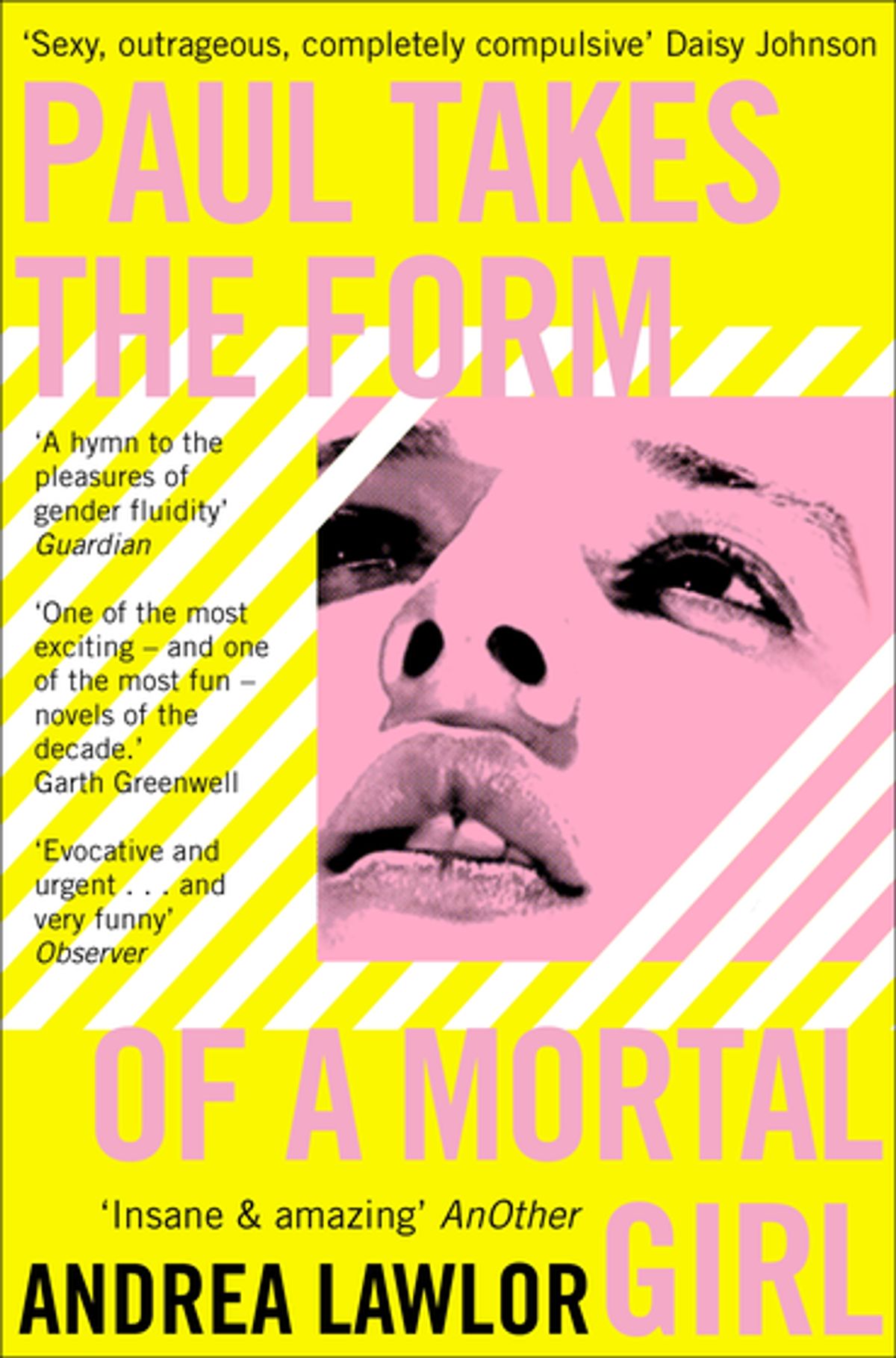In a 2017 book Beyond Trans: Does Gender Matter?, Heath Fogg Davis asks: ‘Why not use transgender experience to fundamentally question the social custom of administrating sex?'[1] Using a queer logic that has roots in poststructural theory—the intricacies of which don’t need elaborating here—Davis joins two arguments. First, he argues that sex-identity discrimination—which ‘involves judgments about whether a person belongs to the sex categories of male or female’ as compared with ‘traditional sexism [that] is based on judgments about what we can and cannot do because we are male or female.'[2]—needs to end. This means stopping, for example, the identification of sex on official documents such as driving licences and the imposition of either single-sex or gender neutral toilets. Second, Davis sees the transgender experience as one that is persistently assailed by the problems of sex-identity discrimination, and therefore transgender citizens are constantly confronting and solving these problems.
By this logic, the transgender experience of sex-identity discrimation should be used as a basis for eliminating it entirely from our societies, so that even cisgender citizens—those whose sex-identity matches the sex-identity assigned at birth—don’t have to face the same issues.
It would make sense that Davis’s ideas to confront sex-identity discrimination would be borne out in a novel like Andrea Lawlor’s Paul Takes the Form of a Mortal Girl (Picador, 2019 [2017])—a novel totally concerned with a sex-shifting character Paul/Polly, who has to negotiate sex-identity discrimination, both through official and non-official channels.
However, that straightforward assumption would be wrong.
Instead, in Lawlor’s novel, Paul is firmly locked into sterotypical binaries:
Paul possesses the sort of masculinity that distracts men and women, that makes some men angry. […] There is a type of man, often the father of a friend or a coach, who upon meeting Paul disapproves of him and will not say why. There is a type of woman who will not be able to stop herself, who will reach out and stroke Paul’s face, who will try to ascertain if Paul is as young as his hairless cheeks make him seem.
Andrea Lawlor, Paul Takes the Form of a Mortal Girl (Picador, 2019 [2017]), p. 63
The nouns ‘sort’ and ‘type’ indicate that, for Paul, there are categories of ‘woman’ and ‘man’, rather than a fluid continuum between the two sexes, as contemporary queer theory would argue for. These deterministic tropes are repeated at various moments in the text, such as when, while morphed into a girl, ‘Paul felt a flutter of shyness, a shy girl flutter, the flutter not knowing if he was making a friend or something else. This was a strange experience for him […]. He was now having girl-feelings’ (pp. 78–9).
Whilst Lawlor’s text argues for an innate difference between ‘boy’ and ‘girl’ feelings, I am not convinced of the distinction along those sex-identity lines. The text does consider the possibility of transsexualism as something more nuanced than an either-or position, but the consideration is quickly put down. On one occasion, when Paul reveals ‘Polly’ to a potential lover, Dallas, Paul asks him whether he wants to ‘”play with both?”‘ The answer is quickly given: ‘”Naw.”‘ (p. 35) Later, when Paul is permanently Polly with a long-term girlfriend, Diane, she suspects that the reason that Polly was ‘”really into it”‘ was because she wanted to ‘”do it the other way”‘ (p. 188), i.e. in a male body with his girlfriend. This conversation, and the truth underlying Diane’s allegation, spells the end of their relationship.
At issue is the idea of ‘passing’, as described here by Sara Ahmed:
We are all in a profound sense temporary residents. We arrive in a world only to depart again. Life is coming and going, and what happens in between. We pass through a world. When we are passing through, some of us are stopped and asked questions. To pass through, you might have to pass in another sense: to pass as something. We might be stopped when we fail to pass. Those who are not stopped might be assumed to be residing somewhere properly; they become permanent residents, even though there is nothing permanent about their residence.
Sara Ahmed, Living a Feminist Life (Durham, NC: Duke University Press, 2017), p. 116
For Ahmed, passing is an everyday challenge, both as a woman of colour (WOC) and a lesbian because sometimes it is necessary to pass as white and straight. The intersection of Ahmed’s identities—Ahmed is both a WOC and a lesbian at the same time—alters the kind of passing she needs to practise. To pass with intersectional identities is not a matter of passing in two different ways—once from WOC to white, and again from lesbian to straight—but a matter of passing at one and the same time as WOC–lesbian to white–straight. It is complex, nuanced, individual, and has proven susceptible to abuse: not because it invites abuse, but because abusers are already out there looking to pounce on difference and otherness. Intersecting identities provide yet more categories for abusers to exploit.
Ahmed’s Living a Feminist Life was published in the same year as Lawlor’s Paul Takes the Form of a Mortal Girl (2017). And yet, Lawlor’s text shows little to no interest in the question of passing, even as it applies to trans* citizens more pressingly now than ever before. Davis, author of Beyond Gender (also published in 2017), examines these issues for trans* citizens, both for himself, and also for others’ in their testimonies of intersectionally passing as trans* and black,[3] but debates about cisgender privilege and trans* rights have entered the mainstream, exemplified by J.K. Rowling’s interventions[4] and Welsh politician Helen Mary Jones tiptoeing (in a politician’s way) across others’ hurt feelings.
Paul Takes the Form of a Mortal Girl was published in 2017, getting a UK publisher in 2019. However, it is set in 1993 and is both a paean to the 1990s and poststructural college culture—the texts that Paul is reading are almost entirely third-wave feminists and the first full-on queer theorists (e.g. Eve Kosofsky Sedgwick, Judith Butler)—but it is also a throwback to Jack Kerouac’s US cult classic On the Road (1957), a hedonistic celebration of mid-century Beat culture. Paul Takes the Form of a Mortal Girl is thus backward facing—much more than it’s forward-looking or even concerned with the present.
All of which leaves me thinking: if you want to know and/or explore trans* culture today, you’d be much better placed if you read Davis’s Beyond Trans—the title of which is innately forward-looking—rather than Lawlor’s already-dated and insufficiently contemporary novel.
[1] Heath Fogg Davis, Beyond Trans: Does Gender Matter? (New York, NY: New York University Press), loc. 344.
[2] Davis, Beyond Trans, loc. 63.
[3] Davis, Beyond Trans, loc. 1050 ff.
[4] It’s worth looking at this considered response to J.K. Rowling’s letter by Mermaids, a charity supporting transgender, nonbinary, and gender-diverse children and their families.


Leave a Reply